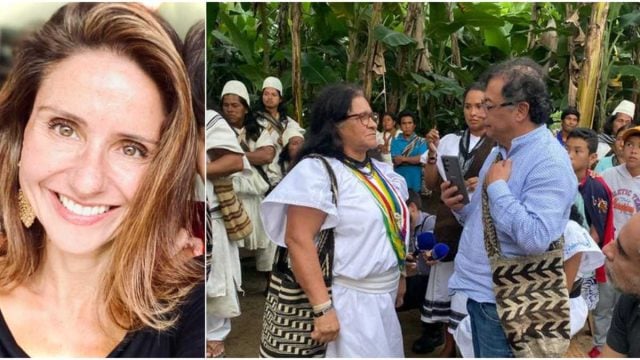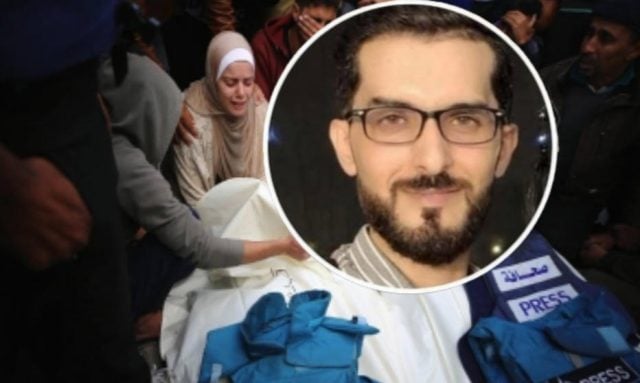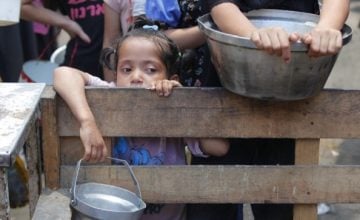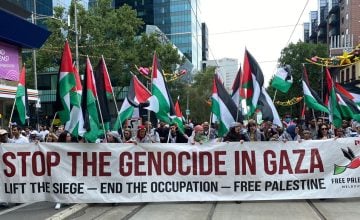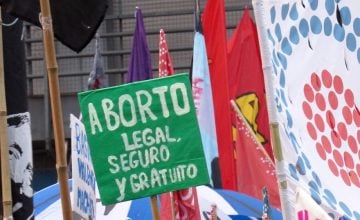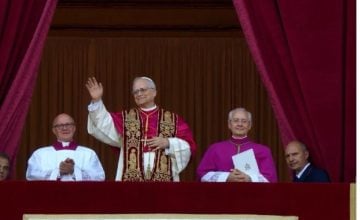The Colombian journalist Paola Ochoa has once again starred in a controversy over racism and/or classism in her country after the unusual question she asked the Arhuaca social leader Leonor Zalabata Torres, who was appointed this Tuesday as the country’s ambassador to the Organization of the United Nations (UN).
During an interview on the Néstor Morales program on BluRadio, Ochoa approached Zalabata with the following statement: «The UN is the most important multilateral organization in the world, based in New York, comprised by 193 countries and where the language of dialogue, of communication, is English, do you speak English?».
Zalabata’s response was categorical: “No, I don’t speak English. I speak Irkum, Arhuaco and I speak Spanish, which is the language of communication that we have». Immediately, Morales came out to distance himself from his colleague and condemned the tone of the question, although he made a paternalistic suggestion to the new ambassador, informed RT.
«Doña Leonor, I am going to suggest here very respectfully, when they ask you questions like the one Paola just asked you, you say: ‘There are translators for that in the United Nations.’ That’s full of ambassadors who don’t speak English, so don’t worry. I don’t think that’s the most important thing», said Morales.
Beyond the unfortunate comments from Colombian journalists, Zalabata’s appointment has been celebrated by the office of the UN High Commissioner for Human Rights, as she, Patricia Tobón and Giovani Yule will assume key positions in the administration of the elected president, Gustavo Petro.
“We celebrate the appointment by President-elect Gustavo Petro of people with a long and admirable career in Human Rights, Patricia Tobón: director of the Victims Unit; Giovani Yule: director of the Land Restitution Unit and Leonor Zalabata: UN ambassador in NY (New York)».
Reaction in anti – racism social networks
Ochoa’s question to Zalabata did not go unnoticed on social networks, where it quickly became a trend. In most of the comments, the users rejected the racist component that was at the bottom of the journalist’s question.
«We remind Paola Ochoa that Spanish is part of the official languages of the UN. Therefore, asking the new ambassador to the UN Leonor Zalabata if she speaks English to be able to take office, is part of the structural racism that we must end», wrote senator-elect Aida Quilcue.
The comments also revolved around the racism and classism very clear behind the question, assuming that Ochoa knows perfectly well that there are translators at the UN and that Spanish is also an official language within the multilateral organization.
In another sense, Internet users recalled that the current officials – belonging to the conservative government of Iván Duque – were never asked about their command of English. In fact, they highlighted that Foreign Minister Marta Lucía Ramírez, the country’s highest diplomatic representative, frequently uses simultaneous translation headphones, without this being a topic of debate.
Who is Eleanor Zalabata?
Zalabata is a leader of the Ika People of the Sierra Nevada de Santa Marta, who was one of the few indigenous people who was able to attend university in the 1970s, where she graduated as a social dentistry assistant.
She has served as Human Rights Commissioner for the Tayrona Indigenous Confederation, in the National Human Rights Commission of the Indigenous Peoples of Colombia. In addition, she has participated in political processes of the Arhuaco people and in the development of regulations on intercultural bilingual education, among other tasks.
Despite the fact that her training is in health, her activism has always focused on the defense of human rights and the rights of the indigenous peoples of Colombia, for which she also participated in the peace talks with the FARC requesting the cessation of hostilities against her community.
In 1990, she was the protagonist of the protests against the military who would have assassinated three representatives of the Arhuaco in the National Constituent Assembly, a crime that remains unpunished. That fact was key to achieving the ‘notoriety’ that led her to become the representative of her people in international organizations.
Zalabata or Guneywya, as is her traditional name in Arhuaco, is also a writer and has been part of forums such as the UN Working Group on Indigenous Populations and the Permanent Forum on Indigenous Issues. Similarly, she participated in the declaration of the rights of Indigenous Peoples of the United Nations.
The activist has received many awards and recognition for her work, including the Swedish government’s international award, Anna Lindh Human Rights, in 2007.
